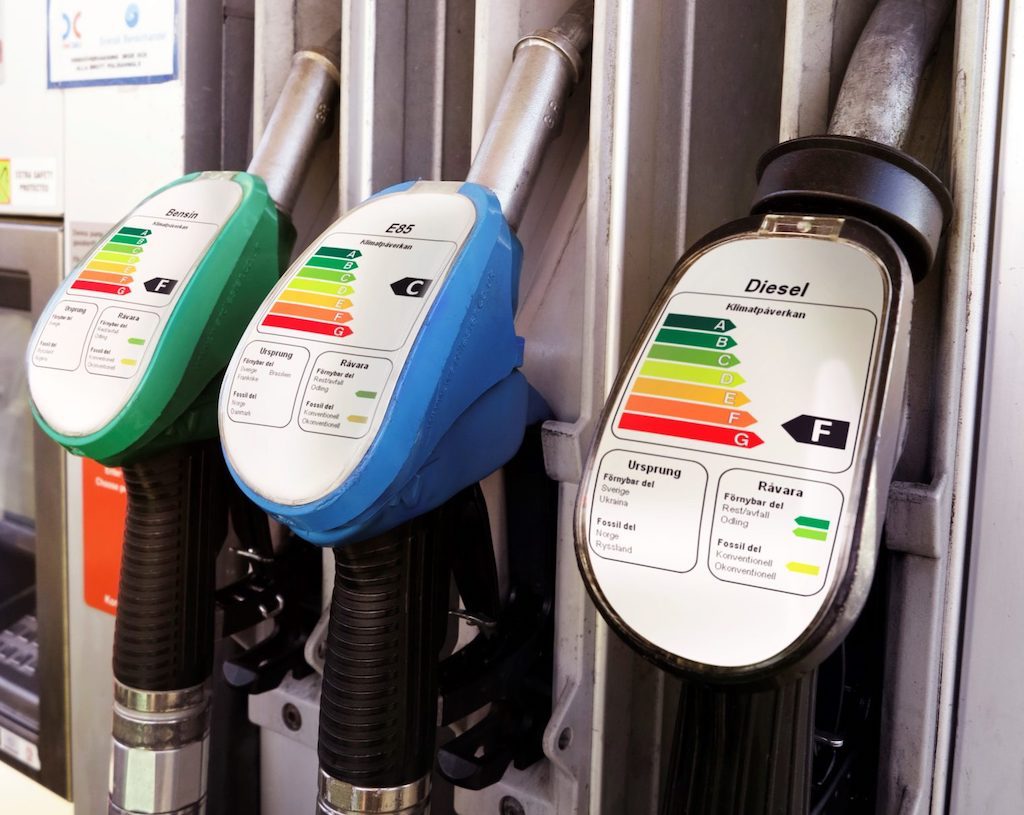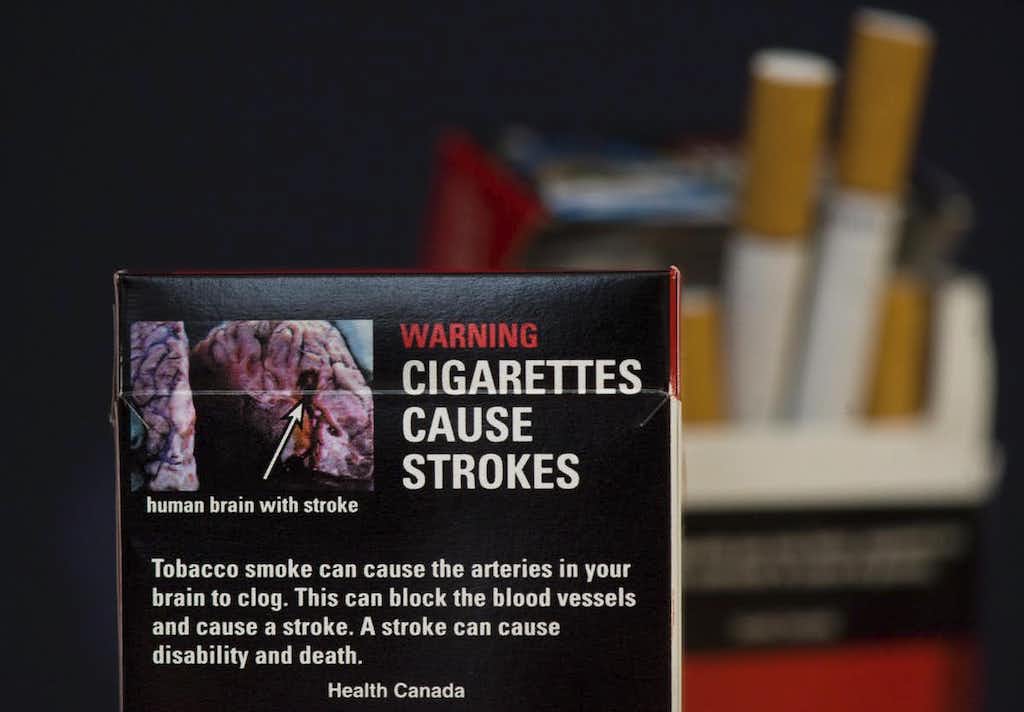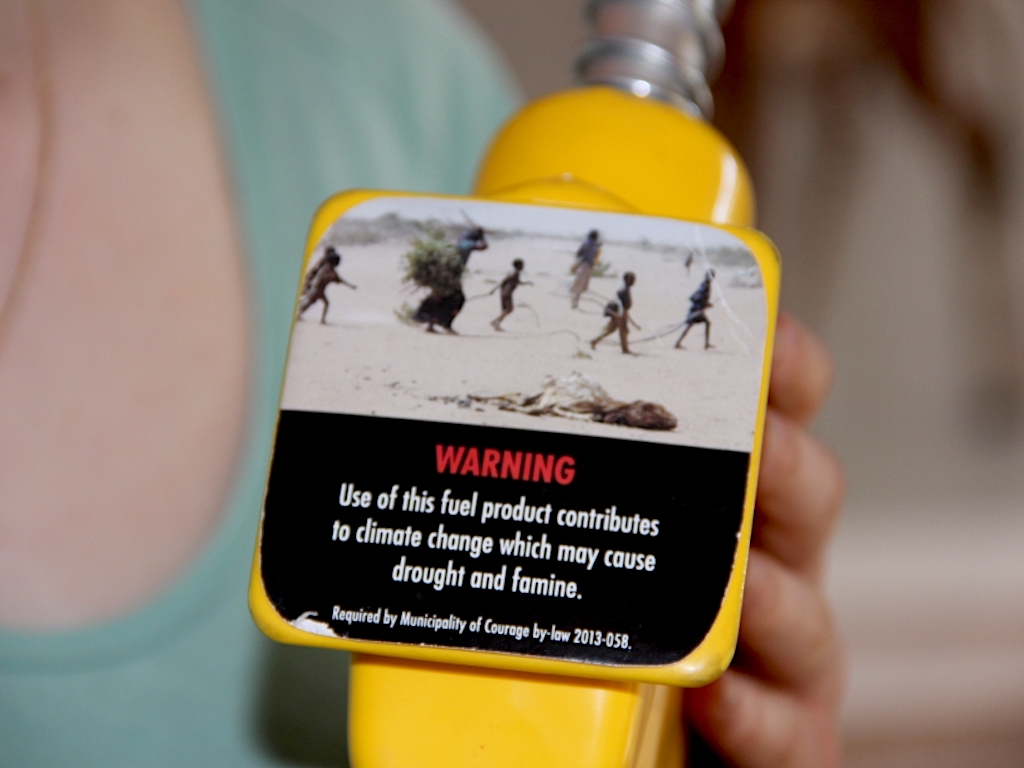3 Mins Read
A group of public health experts are urging authorities to use smoking-style graphic imagery on high-carbon products that are damaging to the climate, such as petrol pumps, plane tickets and energy bills. The warning labels are easy to implement, yet effective for conveying information about the health and climate impacts of the product, experts say. This can help consumers become more aware of the carbon footprint of their spending choices and boost mass demand for low and zero-carbon solutions.
In an article published in the British Medical Journal, a group of public health experts and academics from the United Kingdom, United States and India are calling for graphic smoking-style warning images to be used on high-carbon products. The warning labels would be a cheap but highly effective intervention to help consumers understand the footprint of their purchases, and the impact it has on the climate emergency.
“Warning labels connect the abstract threat of the climate emergency with the use of fossil fuels in the here and now…They sensitise people to the consequences of their actions, representing nudges designed to encourage users to choose alternatives to fossil fuels, thus increasing demand for zero-carbon renewable energy,” they wrote.
Some of these products would include petrol pumps, plane tickets and non-renewable energy bills. Just as cigarette labels have shown graphic images of diseased lungs alongside warning messages about the health-damaging consequences of smoking, experts say that high-carbon health labels should also illustrate the damage to health caused by air pollution, and the human cost of climate-related disasters such as heat waves and flooding.

According to a Greenpeace report published earlier this year, air pollution directly linked to the fossil fuel industry is responsible for an estimated 4.5 million premature deaths each year. Researchers also found that 40,000 children die before their 5th birthday due to exposure to PM2.5 pollution from fossil fuel burning.
Other messages could include warnings about the spread of diseases such as dengue fever and malaria, which will be exacerbated by global heating. There should also be scope to warn consumers about the impact of environmental degradation on water and food supplies.
Experts further noted that authorities have placed stricter bans on cigarette advertising over the years, and say that similar restrictions on advertising by high-carbon companies such as fossil fuel businesses should be put in place, particularly on misleading claims that deny climate change.

High-carbon warning labels are not a new idea. In 2018, researchers found that front-of-pack carbon emissions labels can drive more eco-friendly food choices amongst shoppers. The findings indicate that implementing high-carbon food labels can help consumers understand the environmental impact of animal products, and drive more sustainable plant-based food choices.
This solution to tackle our climate crisis and ecological degradation as a result of the broken global food system is already in discussion in Denmark, where authorities are currently looking at proposals to require food manufacturers and grocery chains to start providing labels on products with climate impact information.
Companies have also taken on carbon labels, such as established vegetarian and vegan meat alternative brand Quorn. Quorn recently announced that they will be including a carbon label on 30 of their most popular products, including their vegan sausage rolls and meat-free vegetarian chicken-less nuggets, and is aimed at helping shoppers understand that Quorn’s proprietary protein blend generates 90% less greenhouse gas emissions compared to beef.
Lead image courtesy of Andrea Crossan / PRI.




